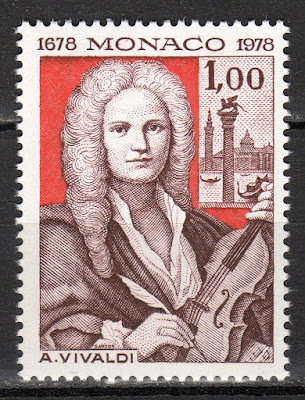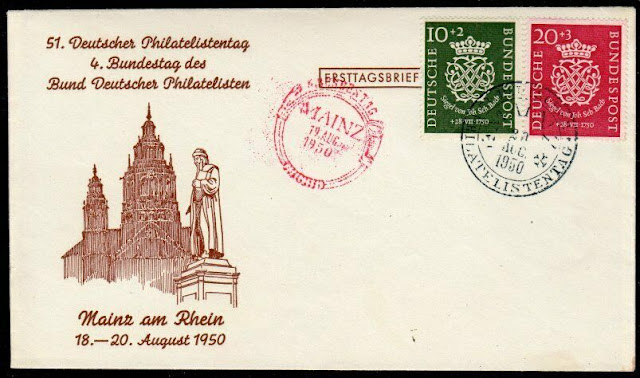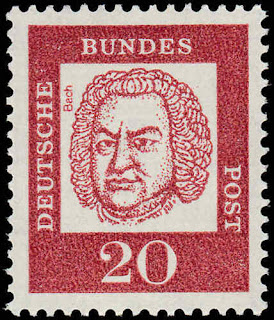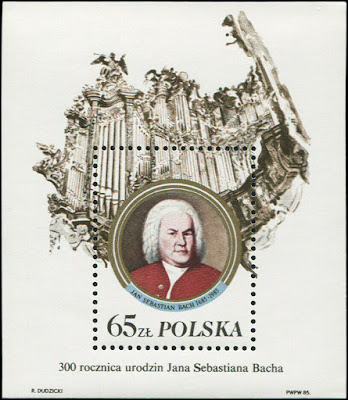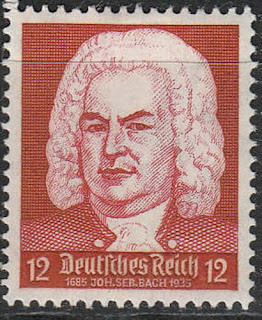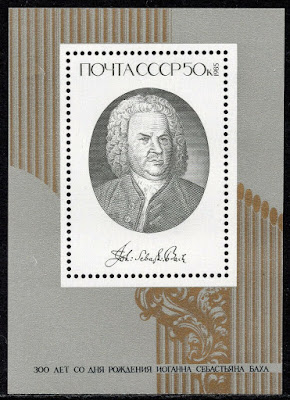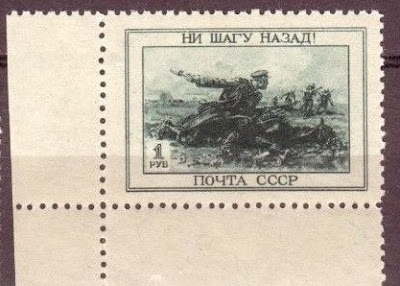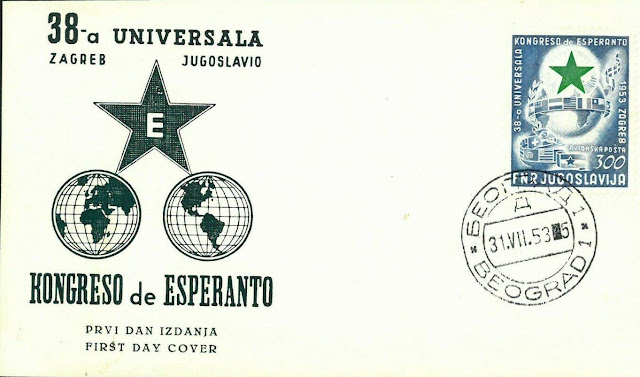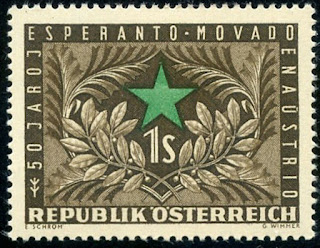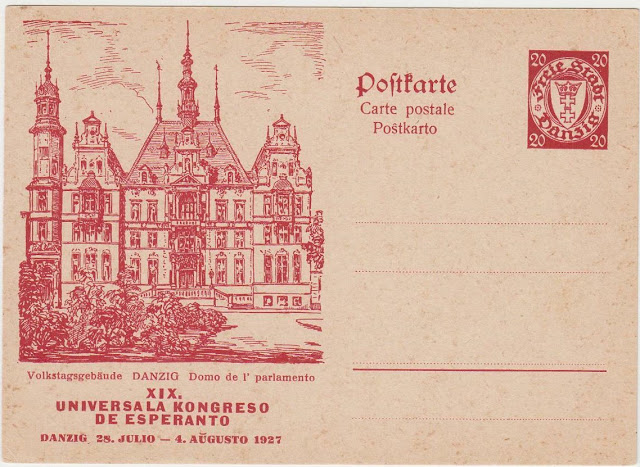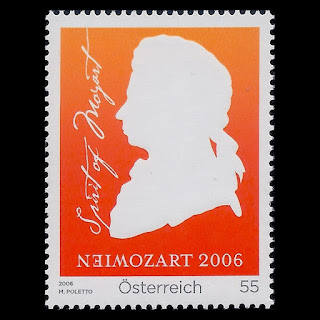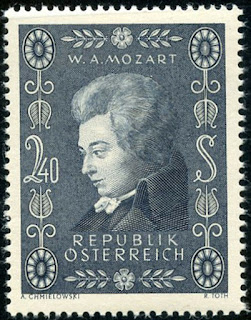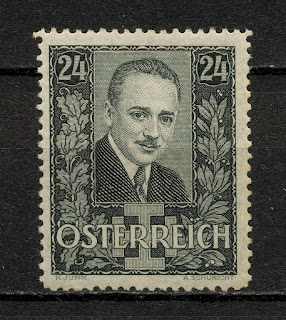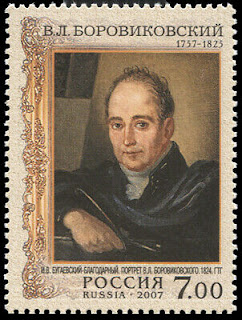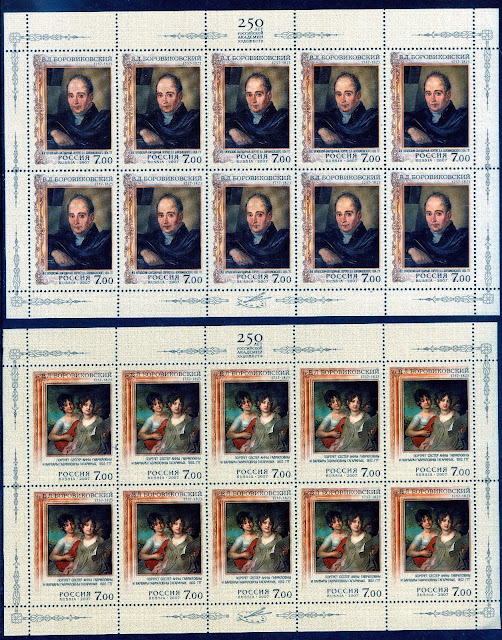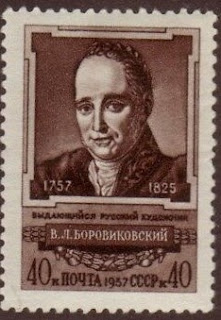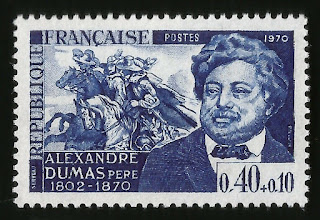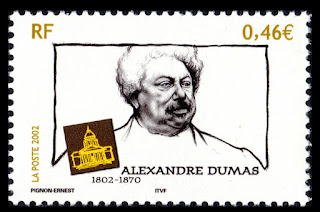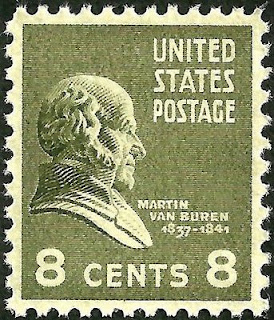1741 Died: Antonio Vivaldi, Italian violinist and composer (b. 1678)
Antonio Lucio Vivaldi (4 March 1678 – 28 July 1741) was an Italian Baroque musical composer, virtuoso violinist, teacher, and priest. Born in Venice, the capital of the Venetian Republic, he is regarded as one of the greatest Baroque composers, and his influence during his lifetime was widespread across Europe. He composed many instrumental concertos, for the violin and a variety of other instruments, as well as sacred choral works and more than forty operas. His best-known work is a series of violin concertos known as the Four Seasons.
Many of his compositions were written for the all-female music ensemble of the Ospedale della Pietà, a home for abandoned children. Vivaldi had worked there as a Catholic priest for 1 1/2 years and was employed there from 1703 to 1715 and from 1723 to 1740. Vivaldi also had some success with expensive stagings of his operas in Venice, Mantua and Vienna. After meeting the Emperor Charles VI, Vivaldi moved to Vienna, hoping for royal support. However, the Emperor died soon after Vivaldi's arrival, and Vivaldi himself died, in poverty, less than a year later.
Some stamps from Italy, Monaco and FYR of Macedonia depicting Vivaldi
1750 Died: Johann Sebastian Bach, German organist and composer (b. 1685)
Johann Sebastian Bach[ (31 March 1685 – 28 July 1750) was a German composer and musician of the Baroque period. He is known for instrumental compositions such as the Art of Fugue, the Brandenburg Concertos, and the Goldberg Variations, and for vocal music such as the St Matthew Passion and the Mass in B minor. Since the 19th-century Bach Revival he has been generally regarded as one of the greatest composers of the Western musical canon.
The Bach family already counted several composers when Johann Sebastian was born as the last child of a city musician in Eisenach. After being orphaned at age 10, he lived for five years with his eldest brother Johann Christoph Bach, after which he continued his musical development in Lüneburg. From 1703 he was back in Thuringia, working as a musician for Protestant churches in Arnstadt and Mühlhausen and, for longer stretches of time, at courts in Weimar—where he expanded his repertoire for the organ—and Köthen—where he was mostly engaged with chamber music. From 1723 he was employed as Thomaskantor (cantor at St. Thomas) in Leipzig.
He composed music for the principal Lutheran churches of the city, and for its university's student ensemble Collegium Musicum. From 1726 he published some of his keyboard music. In Leipzig, as had happened during some of his earlier positions, he had difficult relations with his employer, a situation that was little remedied when he was granted the title of court composer by his sovereign, Augustus, Elector of Saxony and King of Poland, in 1736. In the last decades of his life he reworked and extended many of his earlier compositions. He died of complications after eye surgery in 1750 at the age of 65.
Some stamps and a First Day Cover depicting Bach and or his work
1866 Born: Beatrix Potter, English children's book writer and illustrator (d. 1943)
Beatrix Potter (28 July 1866 – 22 December 1943) was an English writer, illustrator, natural scientist, and conservationist best known for her children's books featuring animals, such as those in The Tale of Peter Rabbit.
Born into an upper-middle-class household, Potter was educated by governesses and grew up isolated from other children. She had numerous pets and spent holidays in Scotland and the Lake District, developing a love of landscape, flora, and fauna, all of which she closely observed and painted.
Though Potter was typical of women of her generation in having limited opportunities for higher education, her study and watercolours of fungi led to her being widely respected in the field of mycology. In her thirties, Potter self-published the highly successful children's book The Tale of Peter Rabbit. Following this, Potter began writing and illustrating children's books full-time.
In all, Potter wrote thirty books; the best known being her twenty-three children's tales. With the proceeds from the books and a legacy from an aunt, in 1905 Potter bought Hill Top Farm in Near Sawrey, a village in the Lake District which at that time was in Lancashire. Over the following decades, she purchased additional farms to preserve the unique hill country landscape. In 1913, at the age of 47, she married William Heelis, a respected local solicitor from Hawkshead. Potter was also a prize-winning breeder of Herdwick sheep and a prosperous farmer keenly interested in land preservation. She continued to write and illustrate, and to design spin-off merchandise based on her children's books for British publisher Warne until the duties of land management and her diminishing eyesight made it difficult to continue.
Potter died of pneumonia and heart disease on 22 December 1943 at her home in Near Sawrey at the age of 77, leaving almost all her property to the National Trust. She is credited with preserving much of the land that now constitutes the Lake District National Park. Potter's books continue to sell throughout the world in many languages with her stories being retold in song, film, ballet, and animation, and her life depicted in a feature film and television film.
Stamps from Great Britain and Isle of Man depicting Beatrix Potter's characters
Beatrix Potter (28 July 1866 – 22 December 1943) was an English writer, illustrator, natural scientist, and conservationist best known for her children's books featuring animals, such as those in The Tale of Peter Rabbit.
Born into an upper-middle-class household, Potter was educated by governesses and grew up isolated from other children. She had numerous pets and spent holidays in Scotland and the Lake District, developing a love of landscape, flora, and fauna, all of which she closely observed and painted.
Though Potter was typical of women of her generation in having limited opportunities for higher education, her study and watercolours of fungi led to her being widely respected in the field of mycology. In her thirties, Potter self-published the highly successful children's book The Tale of Peter Rabbit. Following this, Potter began writing and illustrating children's books full-time.
In all, Potter wrote thirty books; the best known being her twenty-three children's tales. With the proceeds from the books and a legacy from an aunt, in 1905 Potter bought Hill Top Farm in Near Sawrey, a village in the Lake District which at that time was in Lancashire. Over the following decades, she purchased additional farms to preserve the unique hill country landscape. In 1913, at the age of 47, she married William Heelis, a respected local solicitor from Hawkshead. Potter was also a prize-winning breeder of Herdwick sheep and a prosperous farmer keenly interested in land preservation. She continued to write and illustrate, and to design spin-off merchandise based on her children's books for British publisher Warne until the duties of land management and her diminishing eyesight made it difficult to continue.
Potter died of pneumonia and heart disease on 22 December 1943 at her home in Near Sawrey at the age of 77, leaving almost all her property to the National Trust. She is credited with preserving much of the land that now constitutes the Lake District National Park. Potter's books continue to sell throughout the world in many languages with her stories being retold in song, film, ballet, and animation, and her life depicted in a feature film and television film.
Stamps from Great Britain and Isle of Man depicting Beatrix Potter's characters
1942 – World War II: Soviet leader Joseph Stalin issues Order No. 227. In response to alarming German advances, all those who retreat or otherwise leave their positions without orders to do so are to be tried in a military court, with punishment ranging from duty in a shtrafbat battalion, imprisonment in a Gulag, or execution
Order No. 227 was an order issued on 28 July 1942 by Joseph Stalin, who was acting as the People's Commissar of Defence. It is known for its line "Not a step back!" (Russian: Ни шагу назад!, romanized: Ni shagu nazad!), which became the primary slogan of the Soviet press in summer 1942.
The order established that each front must create one to three penal battalions, which were sent to the most dangerous sections of the front lines. From 1942 to 1945, a total of 422,700 Red Army personnel were sentenced to penal battalions as a result of courts-martial.The order also directed that each army must create "blocking detachments" at the rear that would shoot "panic-mongers and cowards".[1] In the first three months, blocking detachments shot 1,000 penal troops and sent 24,000 to penal battalions. By October 1942, the idea of regular blocking detachments was quietly dropped.
Russian stamp from 1945 with the text "not a step back"


